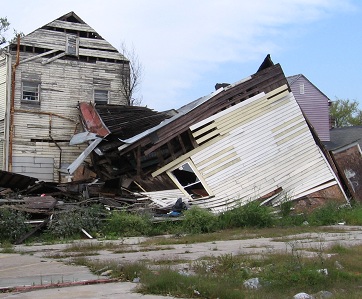
The American Red Cross recommends that people take first aid classes to better respond to emergencies. “Each year, an average of more than 9 million people gain the skills they need to prepare for and respond to emergencies through American Red Cross training classes, including First Aid, AED and CPR training”. American Red Cross has numerous training opportunities available as well as other information to help you be better prepared for natural disasters.
Just as important as watching out for loved ones, it is equally important to ensure the safety of your home as well. With a reverse mortgage loan, maintaining home owner’s insurance is a requirement of the loan. This ensures that your home will be protected within the limits of the home insurance policy, just as it would be with a traditional mortgage.
“Seniors are among the hardest hit populations when disaster strikes,” said Sean Kell, CEO of A Place for Mom in a statement for Senior Housing News. “Safety during unpredictable weather catastrophes is becoming an increasing concern, and many caregivers are seeking senior communities for a loved one that offer the security of emergency response plans along with needed amenities and services in the wake of bad storms.” Having the proper precautions in place prior to natural disasters, such as adequate property insurance, can help seniors continue living in their home as long as they are physically able to remain independent.
Many seniors find a reverse mortgage loan to be a beneficial financial tool. In order to be eligible for a reverse mortgage loan, borrowers must be at least 62 years old, have sufficient equity in their home, own their home, live in their home as their primary residence, not be delinquent on any federal debt, and must meet with a reverse mortgage loan counselor. The amount of money the borrower can receive depends upon the age of the youngest borrower, current interest rates and the lesser of the appraised value of the home, sale price or the maximum lending limit. If you are interested in learning more about reverse mortgage loans, please call (800) 976-6211.
